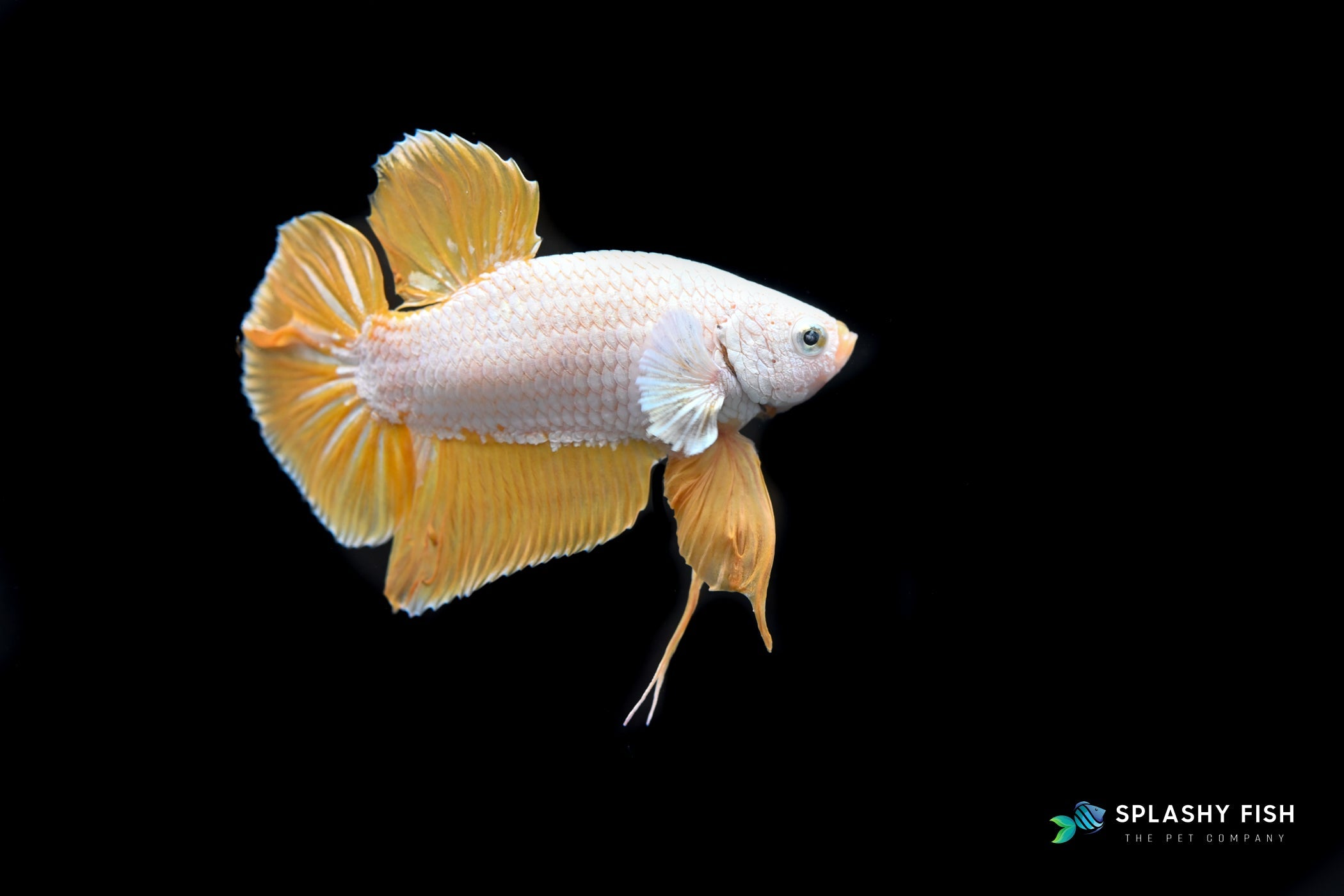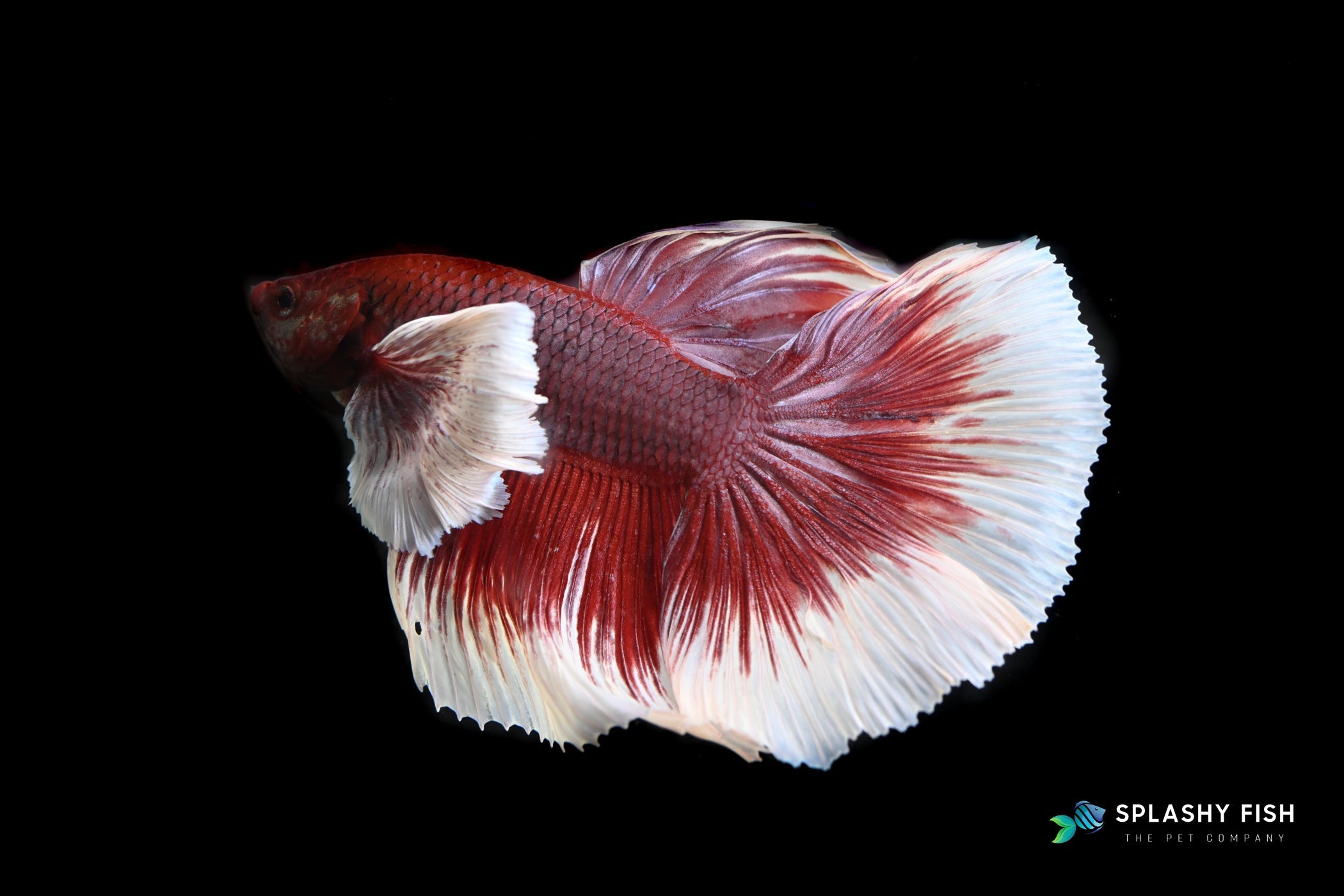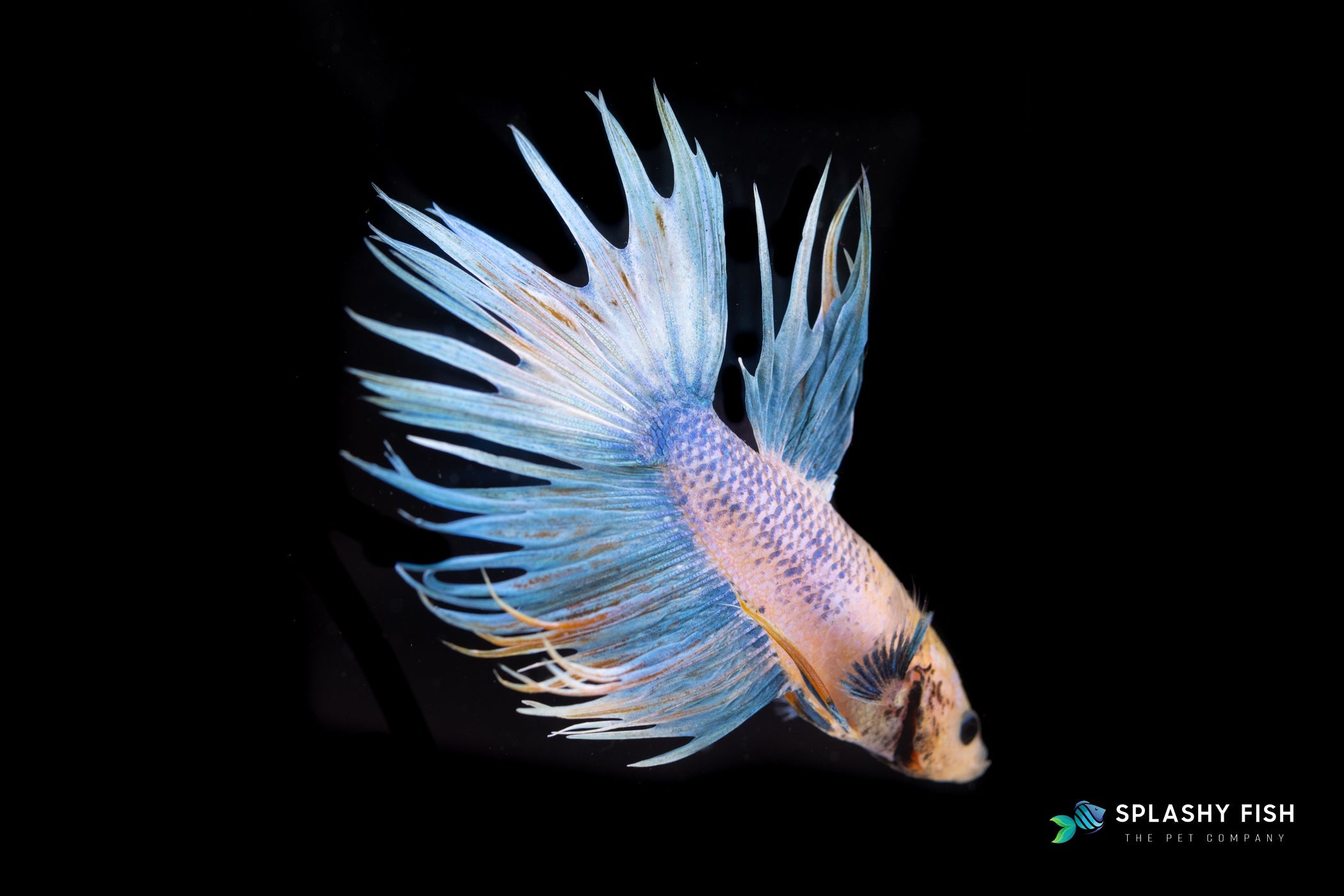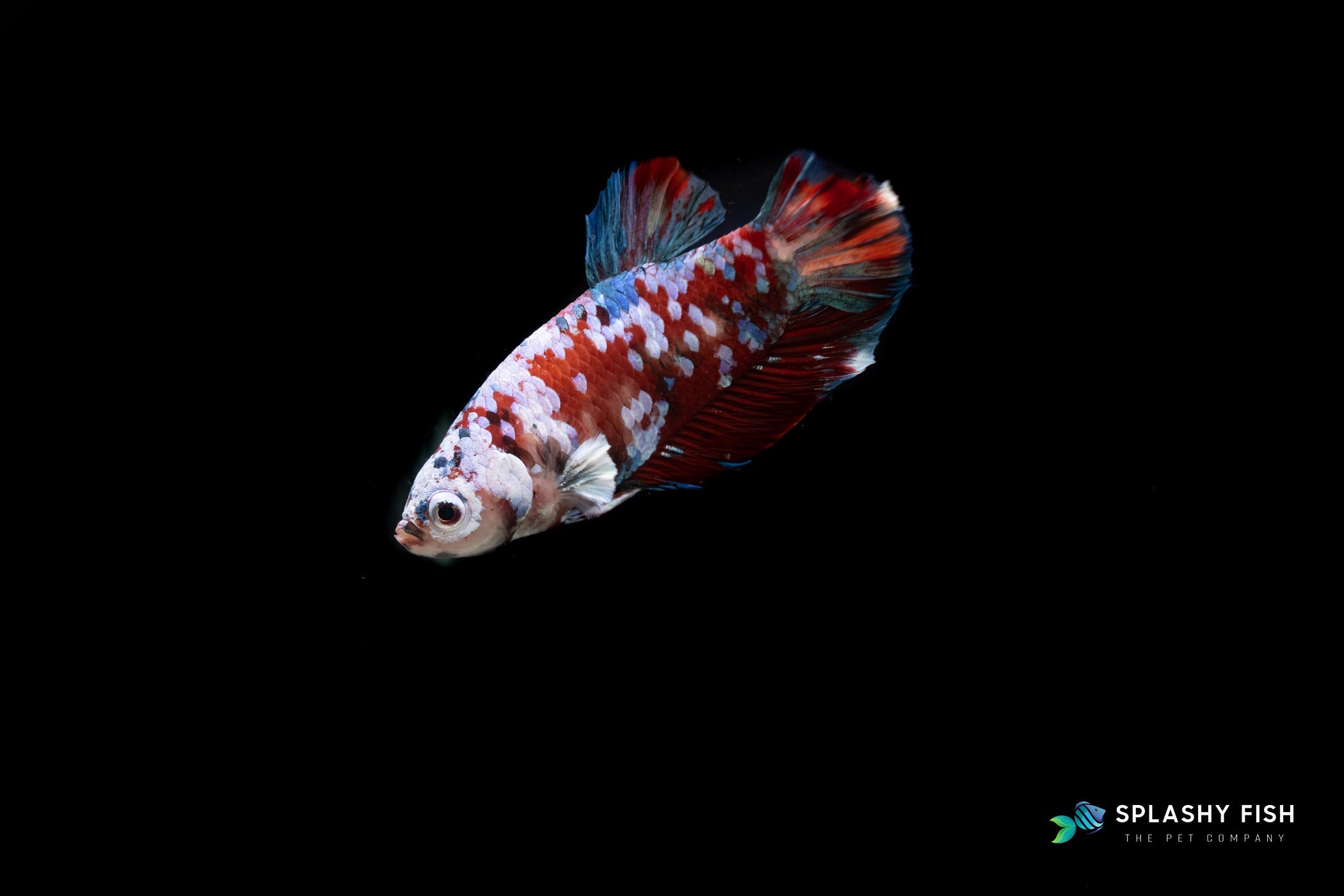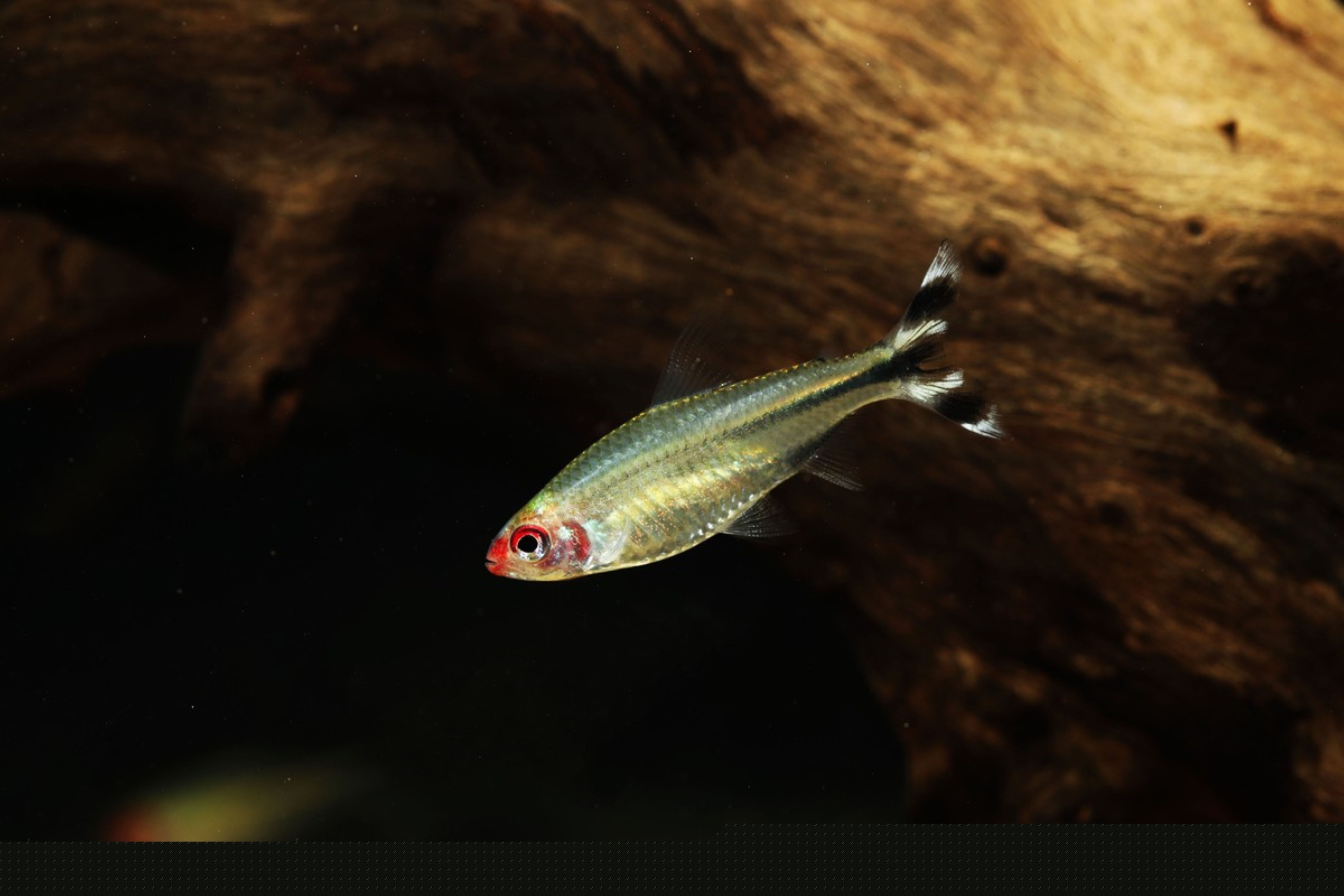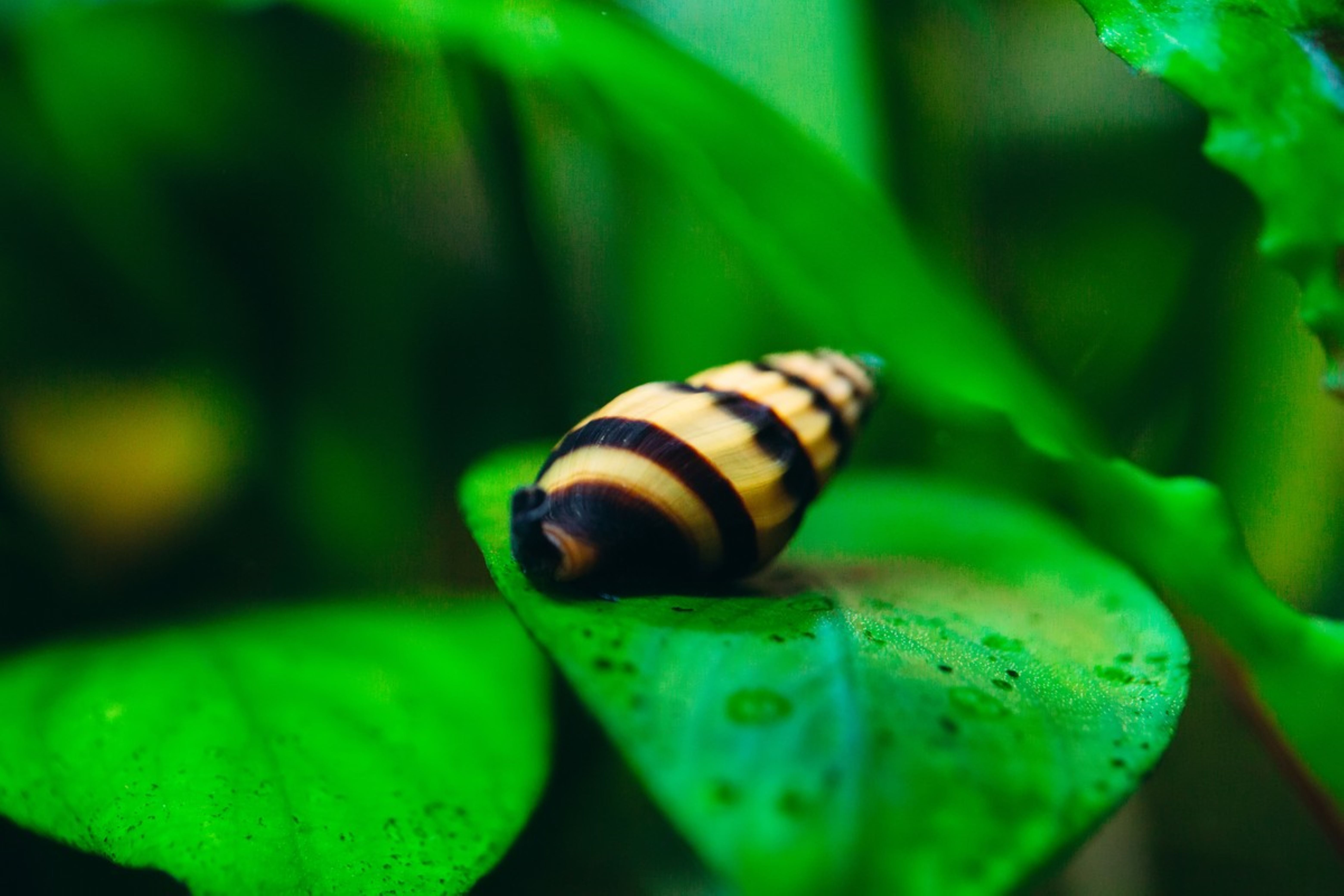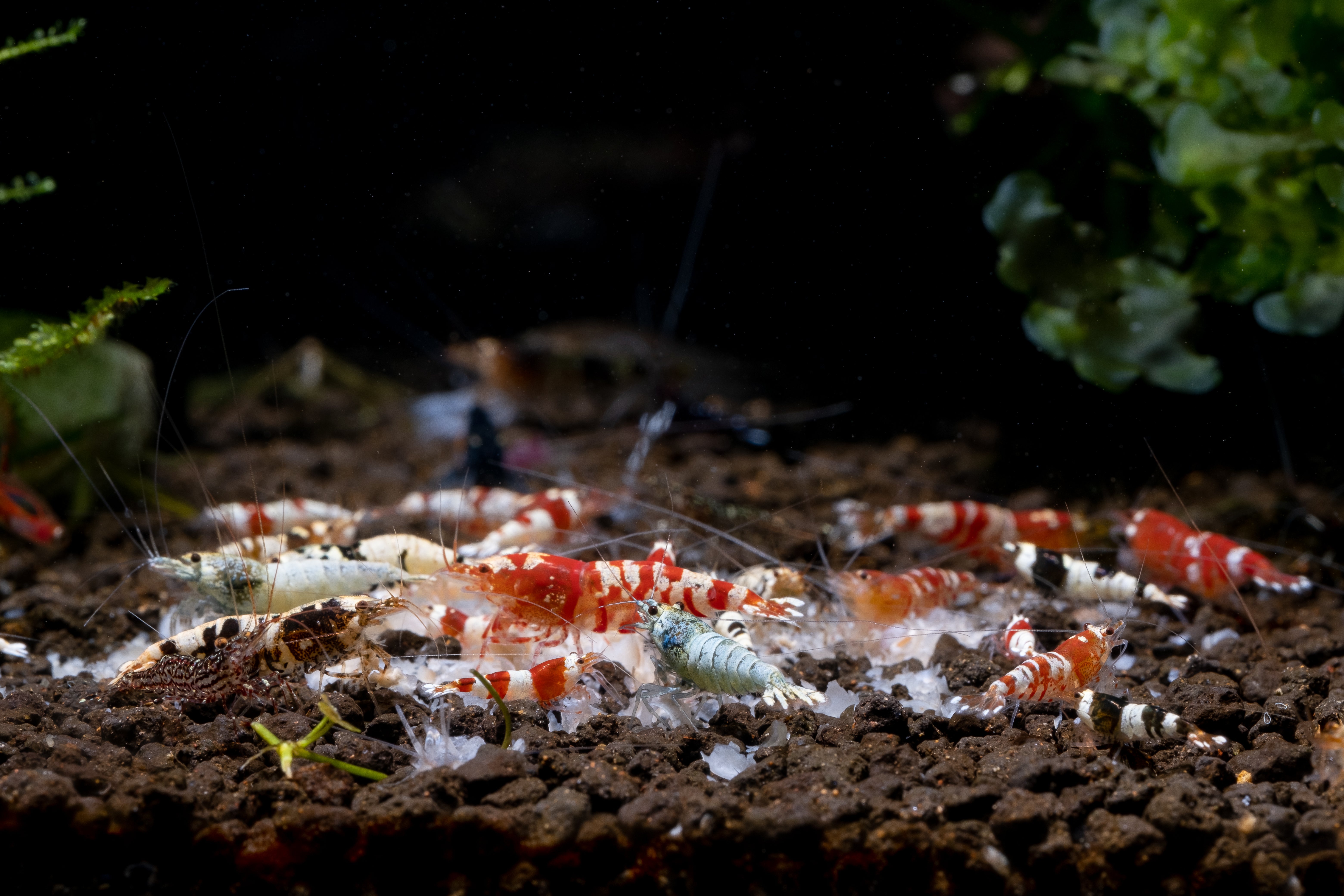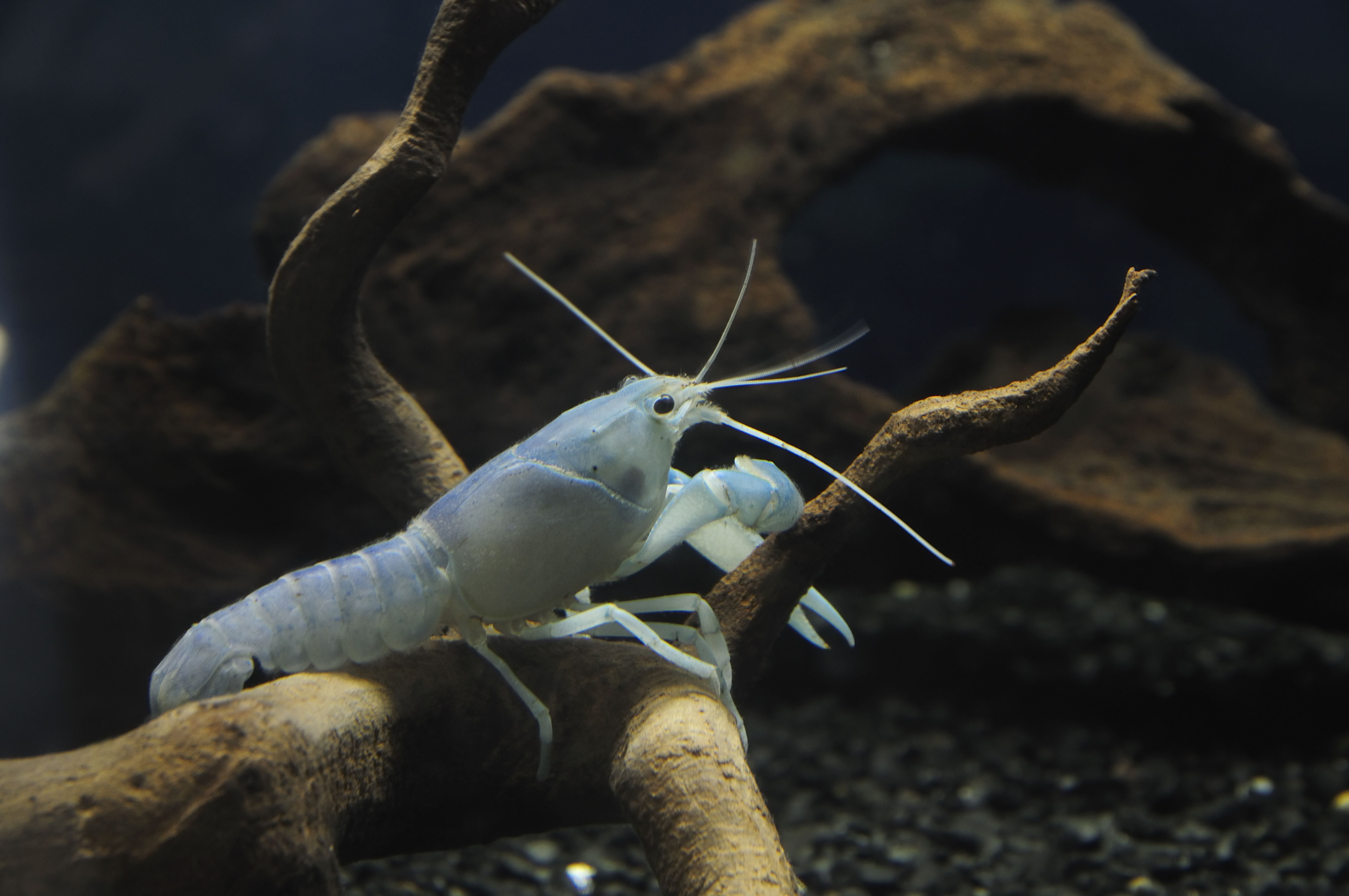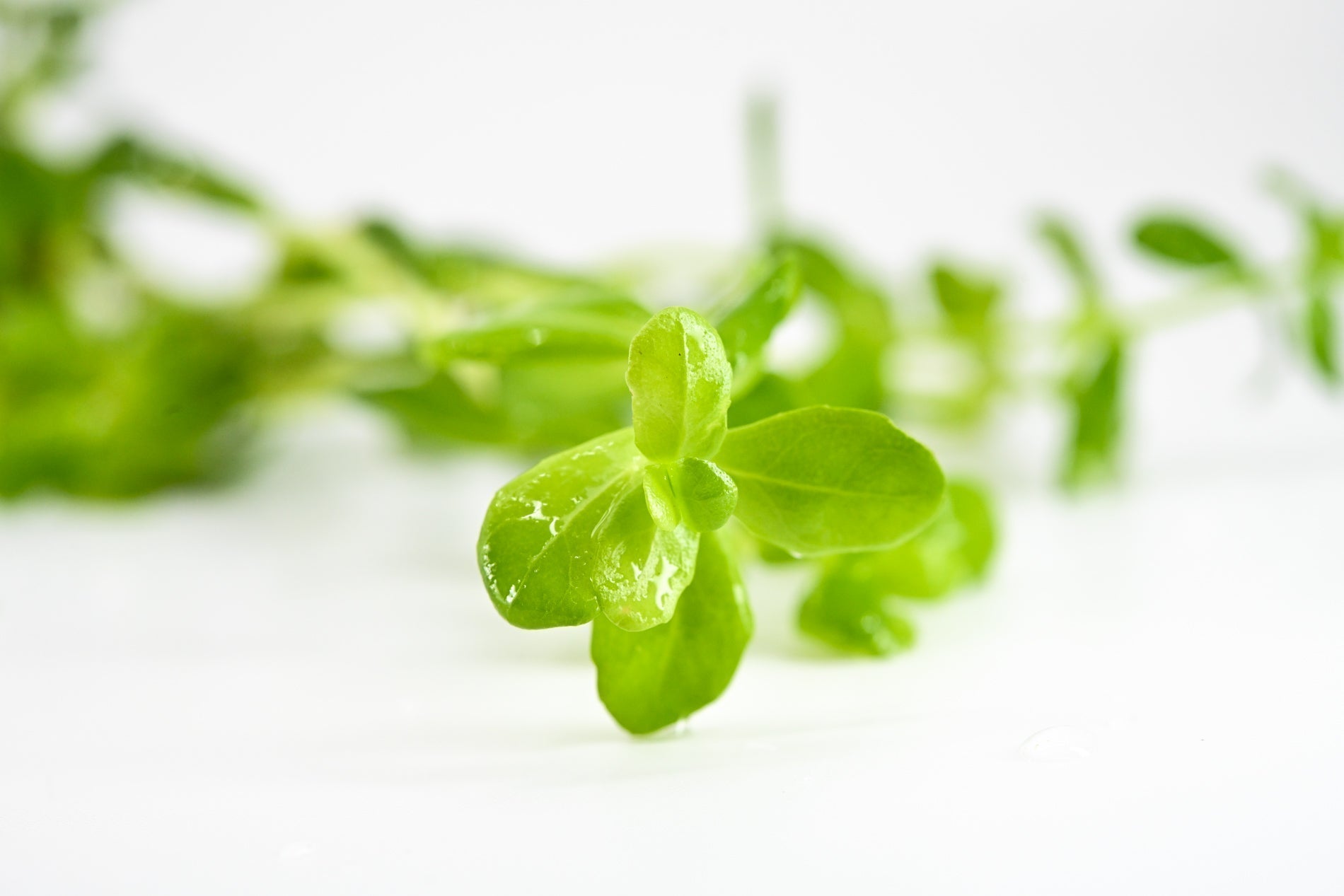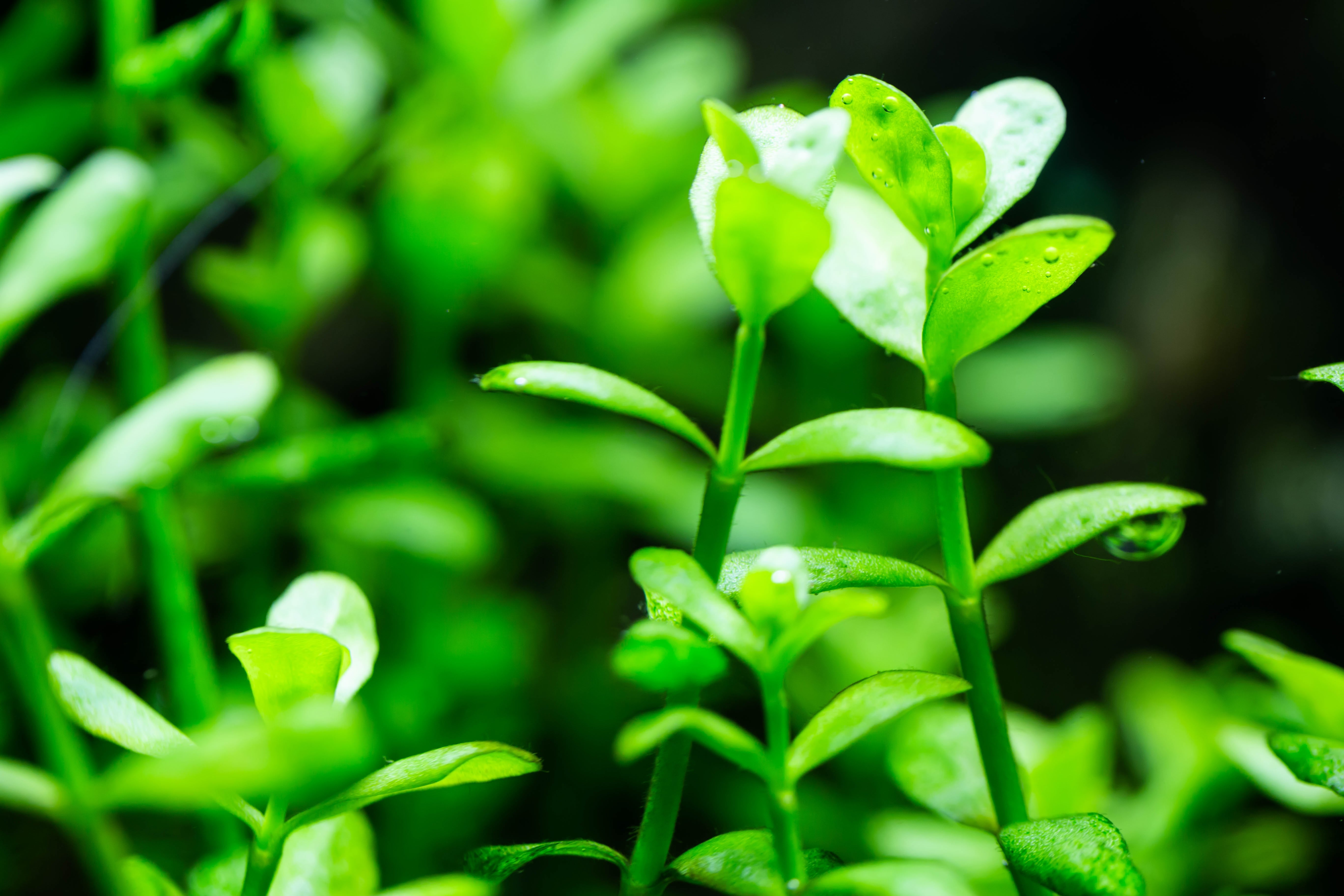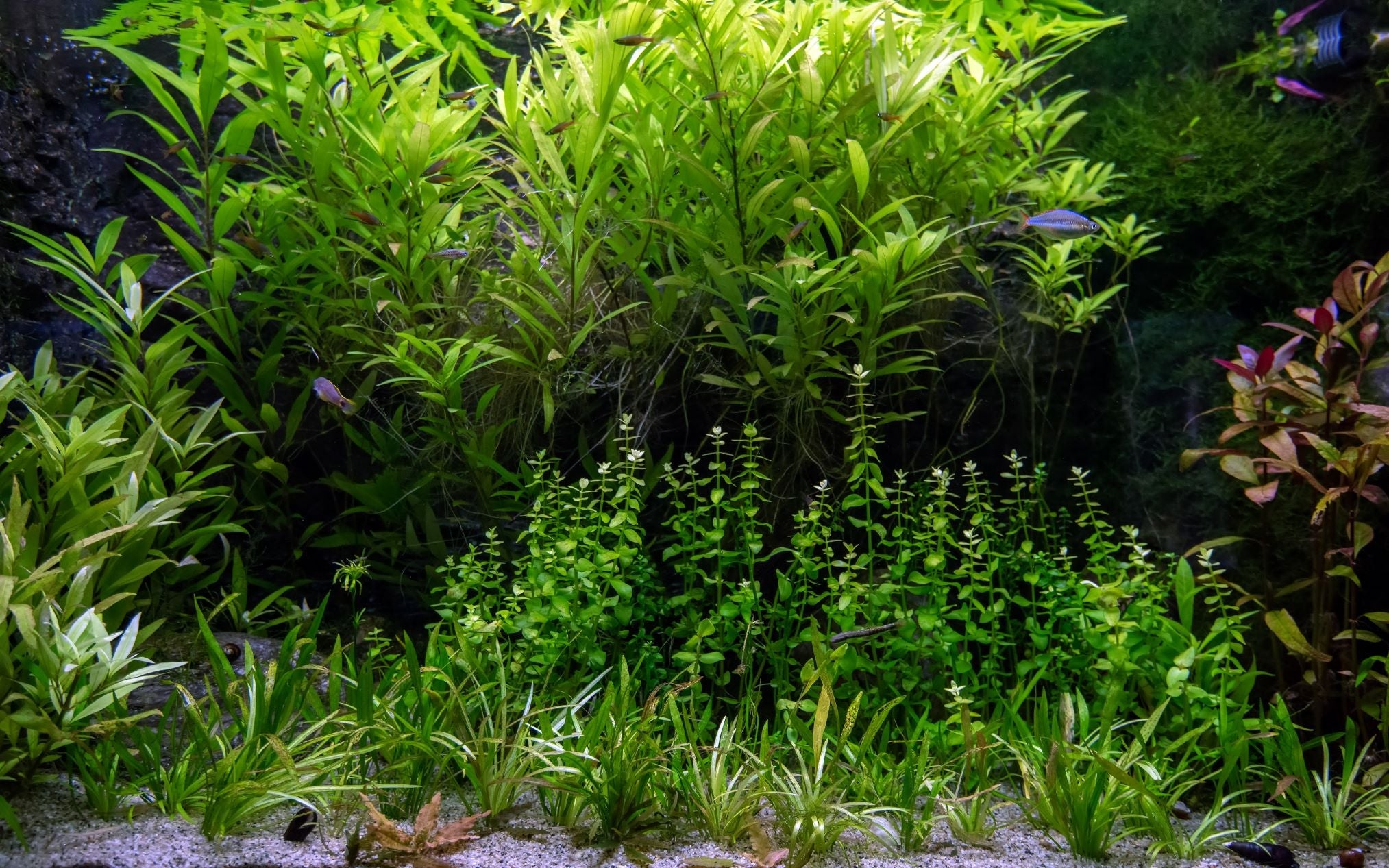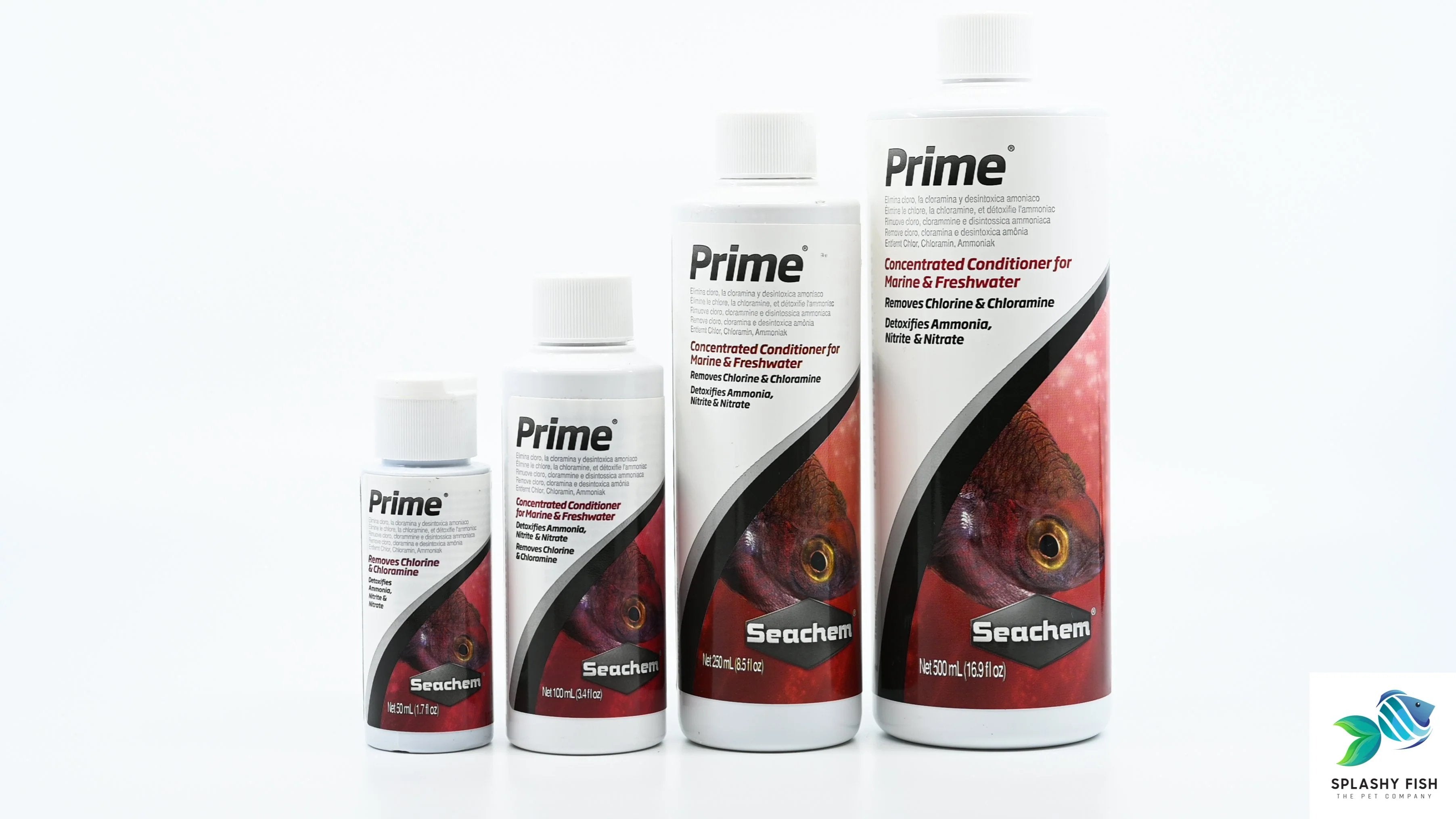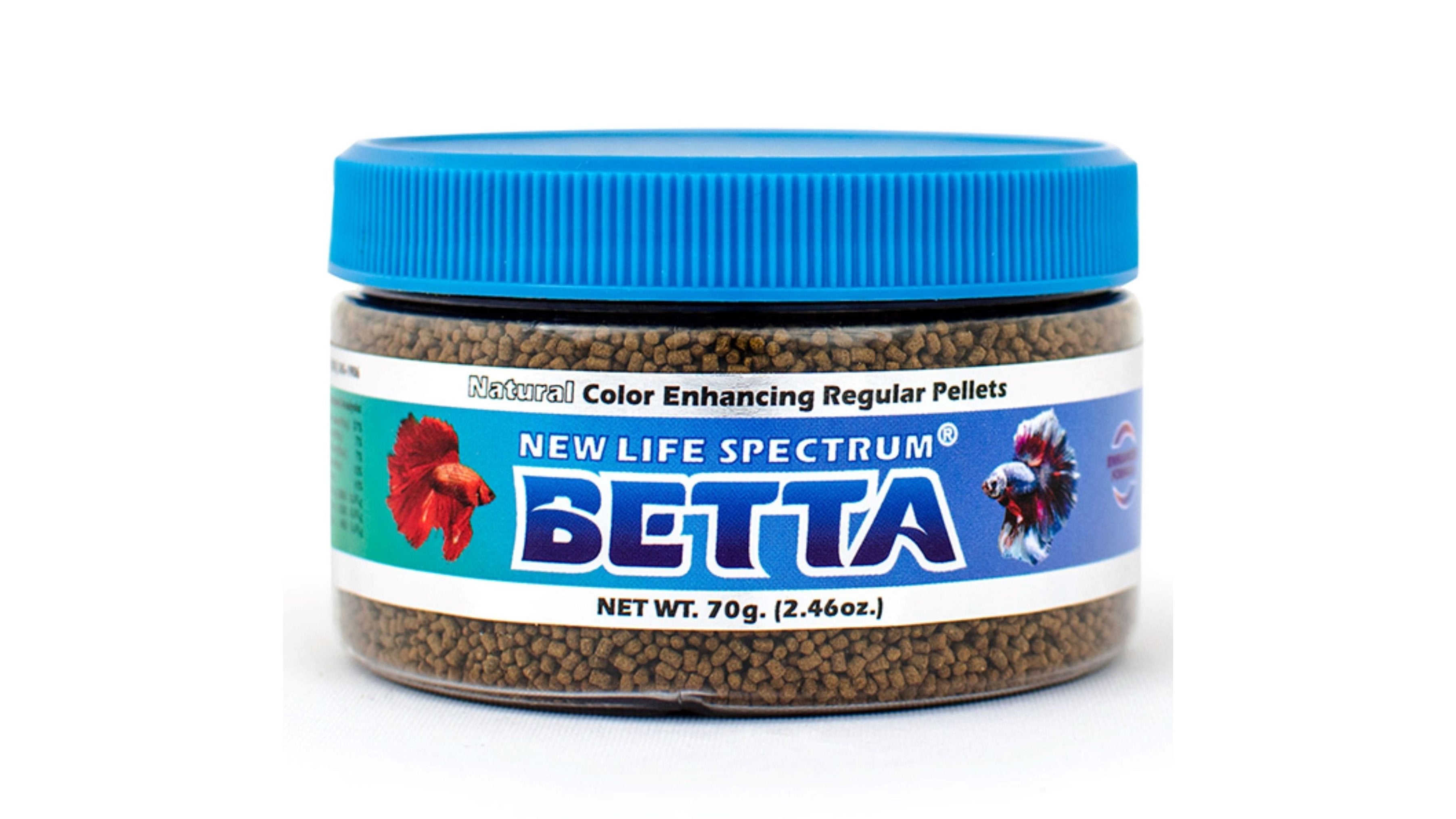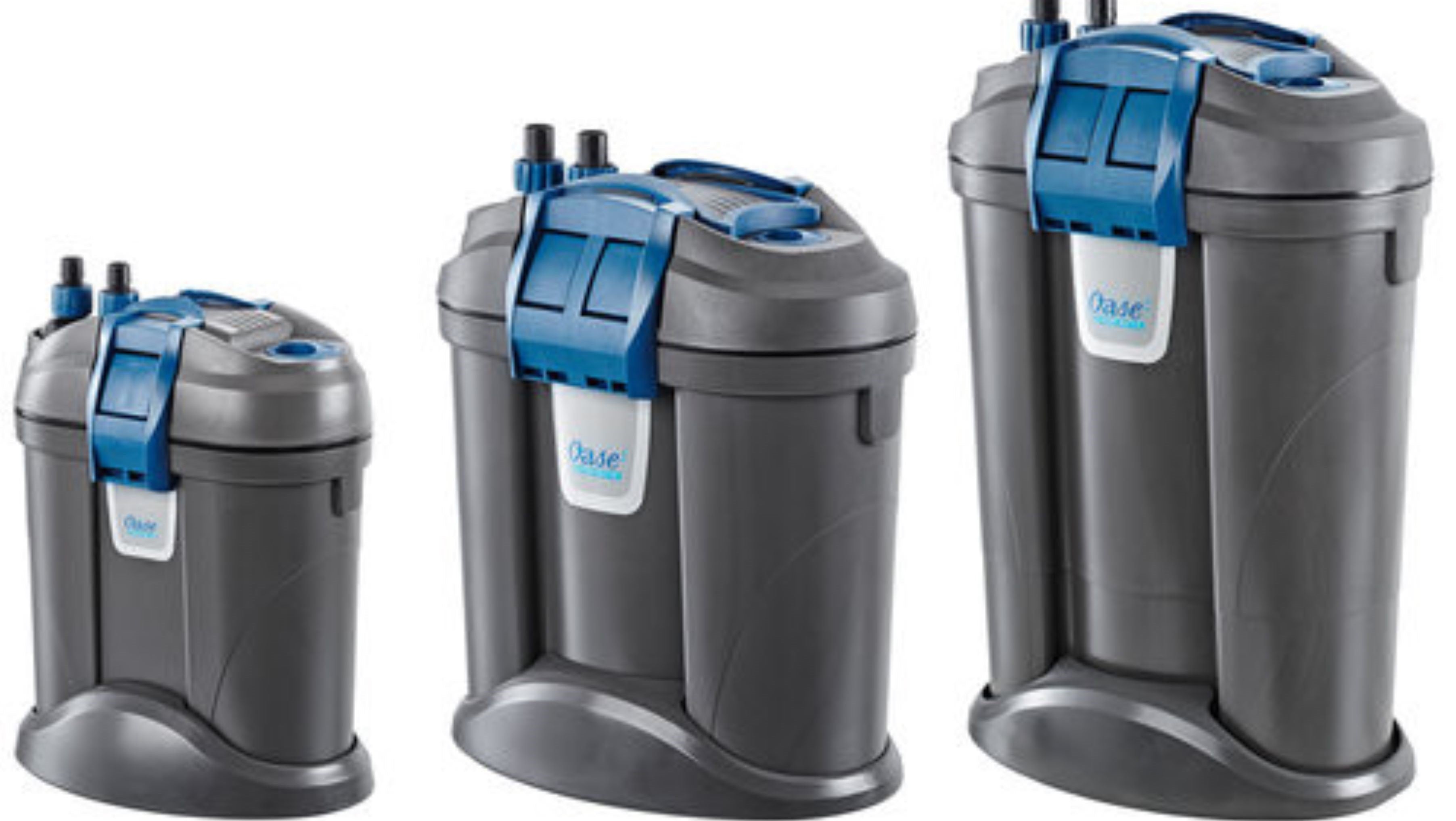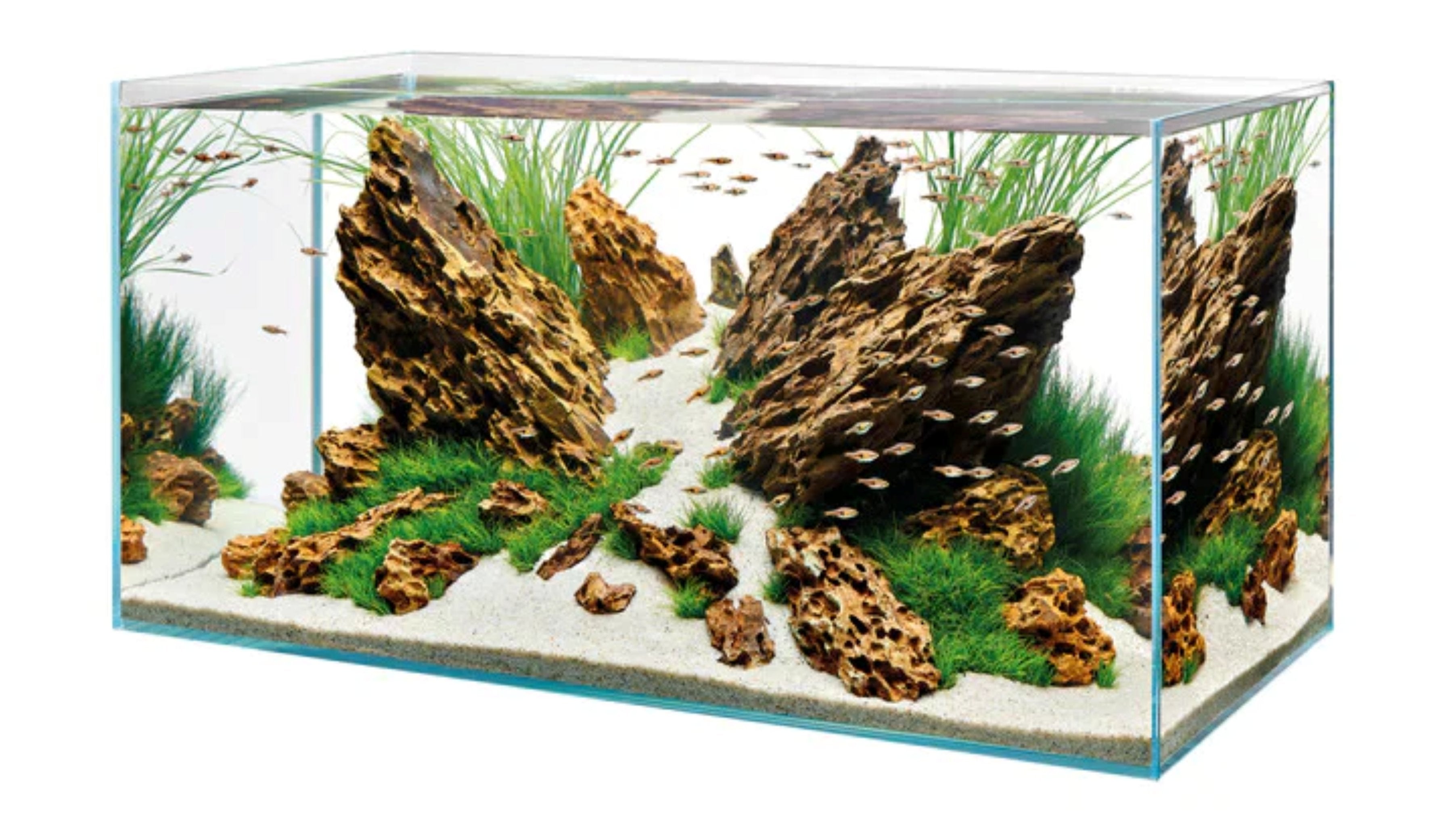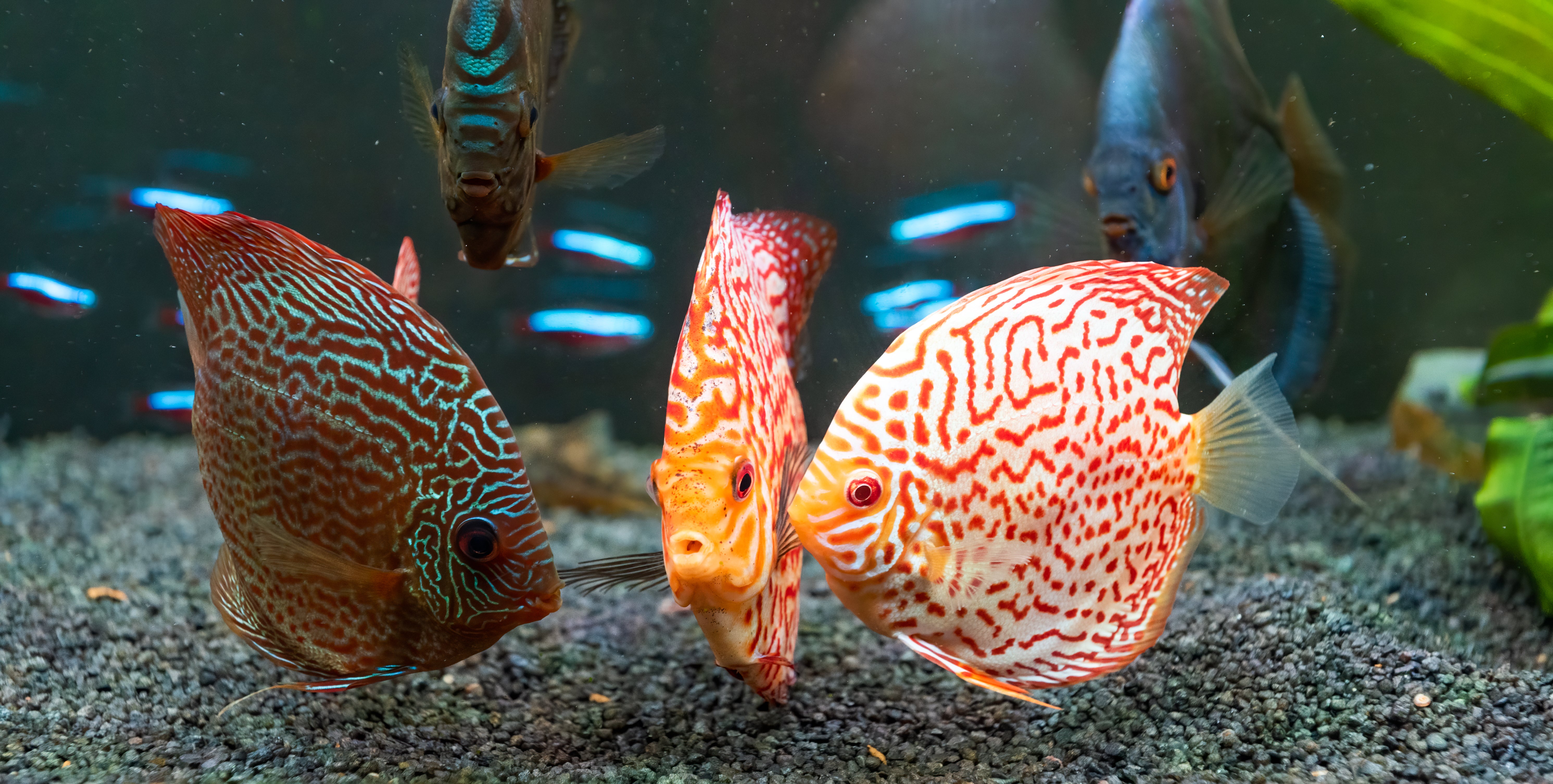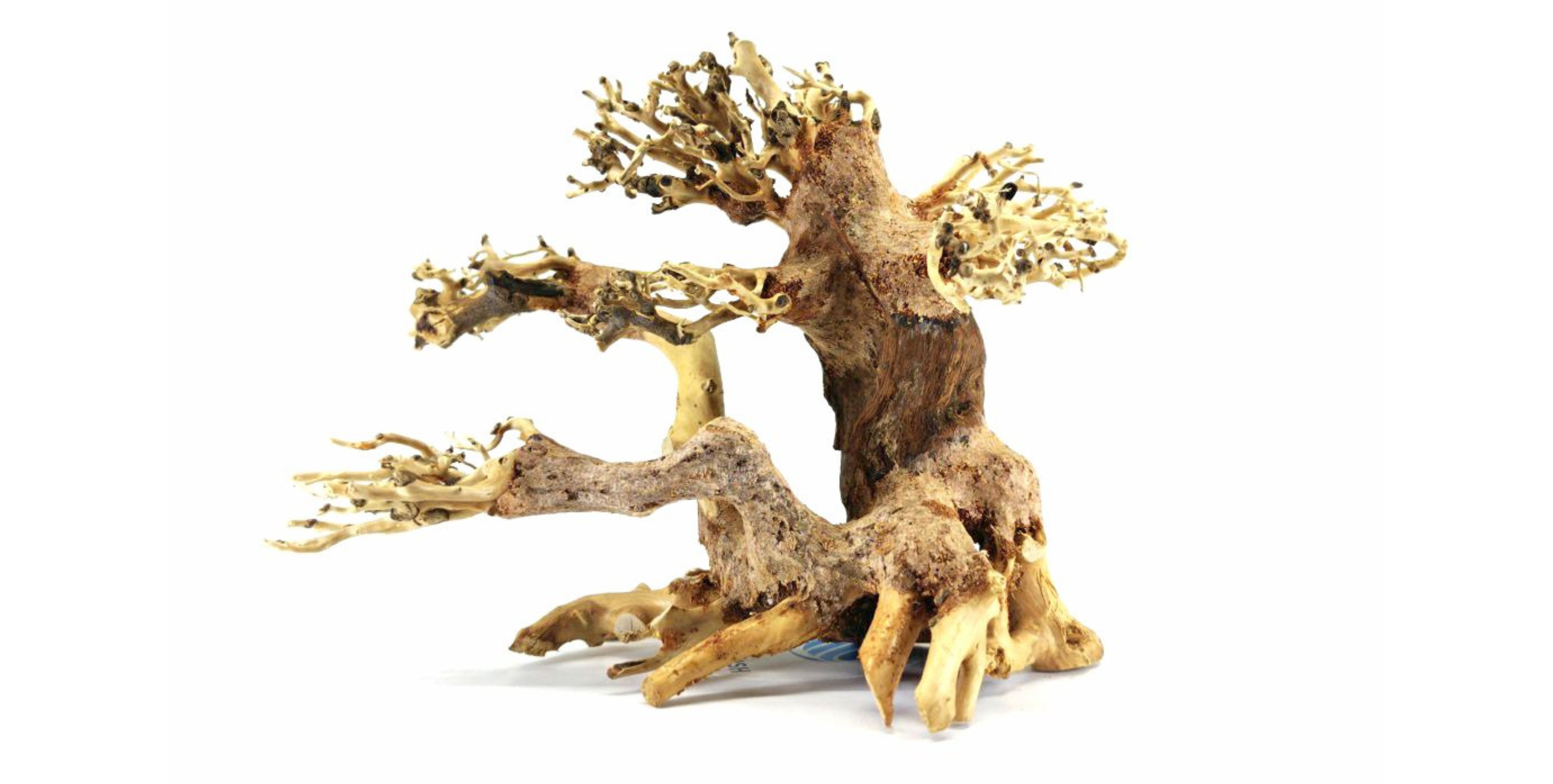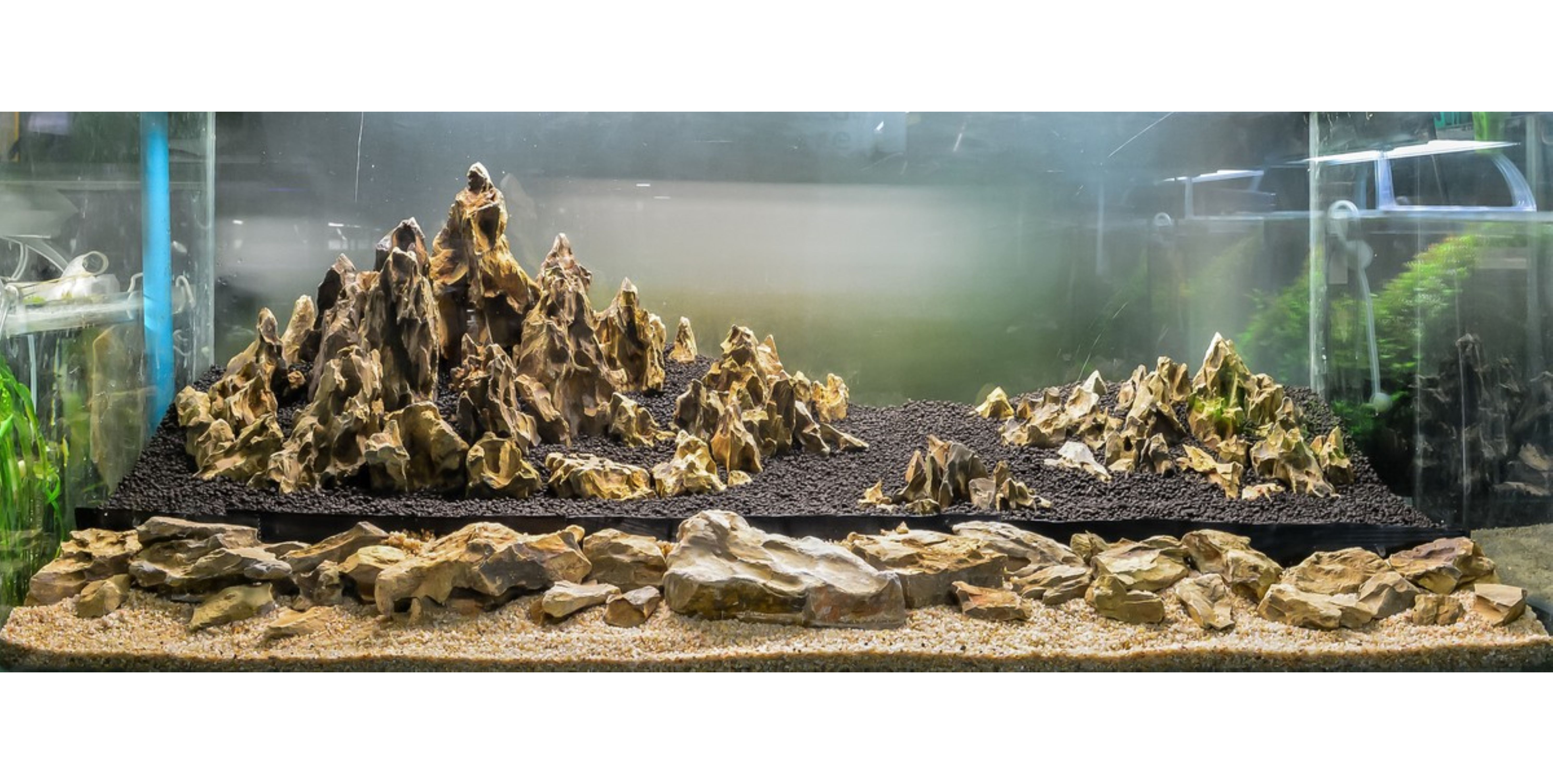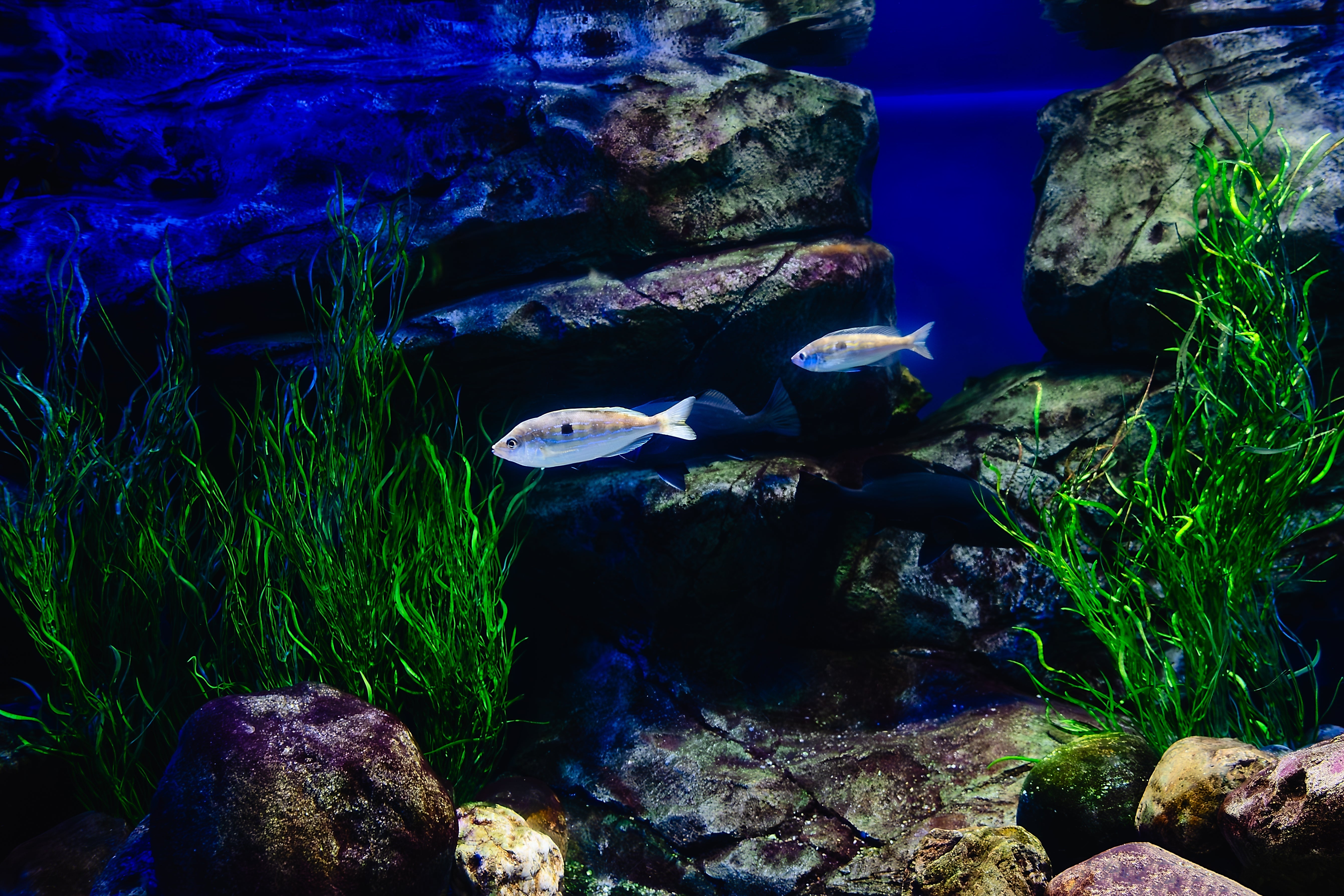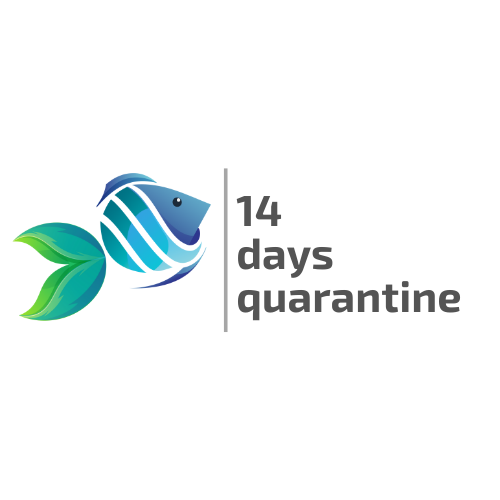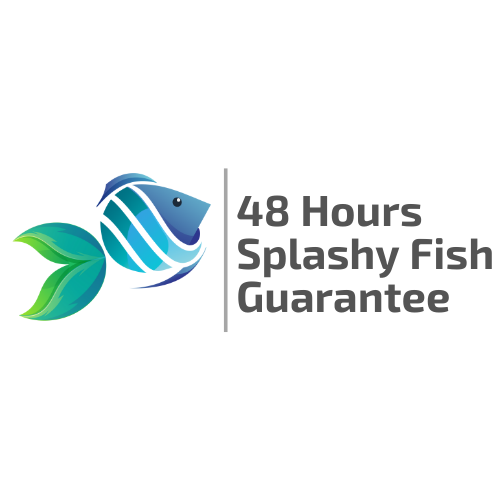Table of Contents
Setting up a planted aquarium is an exciting journey for beginners looking to create a thriving aquatic ecosystem. With the right guidance, your aquarium can become a lush underwater garden filled with vibrant live plants and happy fish. This ultimate guide will walk you through everything you need to know to set up and maintain a planted aquarium successfully.
All the Aquarium Supplies that Beginners Need for A Planted Aquarium
Aquarium Tank
A 20-gallon tank is an ideal choice for beginners because it balances size and ease of maintenance. Larger aquarium tanks are more stable and forgiving of beginner mistakes, making them a great starting point. If space permits, consider a 40-gallon breeder tank for better water stability and more aquascaping options.
Lighting
Full-spectrum LED lights designed specifically for planted aquariums are essential. These aquarium lights support photosynthesis and promote healthy plant growth. Look for features like adjustable intensity and timers to mimic natural daylight. For high-tech setups, lights with PAR ratings tailored to aquatic plants can be an excellent investment.
Substrate
Choosing the right aquarium substrate is critical. Aqua soil such as UNS Controsoil or 2Hr Aquarist Feast provides nutrient richness, while plant-specific gravel offers ease of use. Consider adding a bottom layer of fertilizer or nutrient substrate for aquatic plants with heavy root systems. A good substrate ensures a stable base and delivers essential nutrients for plant growth.
Filtration System
Invest in a quality filtration system, such as canister or sponge filters, to maintain water clarity and quality. These aquarium filters provide mechanical, biological, and sometimes chemical filtration to keep the environment clean. For enhanced beneficial bacteria growth, add bio-media to your filter.
Heater (Optional)
If you plan to keep tropical fish, maintaining a temperature between 75-80°F (24-27°C) is crucial. A heater with an adjustable thermostat ensures stable water temperature, which is vital for both fish and plant health.
CO2 System (Optional)
While not mandatory for beginners, a CO2 system can significantly enhance plant growth and help reduce algae. Beginners can start with liquid carbon supplements before moving to more advanced CO2 injection systems.
Water Testing Kit
Regular testing of water parameters like pH (6.5-7.5), ammonia, nitrites, and nitrates is essential. Weekly testing by using a reliable water testing kit helps you monitor the health of your aquarium and address any imbalances promptly. Digital testers can offer more accurate readings for advanced setups.
Fertilizers
Liquid fertilizers and root tabs provide the nutrients plants need to thrive. Research the specific requirements of your chosen plants to avoid over-fertilization, which can lead to algae problems.
Decorations and Hardscape
Driftwood, rocks, and other aquascaping materials add aesthetic appeal and create natural hiding spots for live fish. Boil driftwood and rinse rocks to remove impurities before adding them to your tank. These elements also help anchor plants and enhance the overall look of your aquarium.

Beginner-Friendly Live Plants for Planted Aquariums
1. Java Fern (Microsorum pteropus)
- Care Level: Easy
- Placement: Attach to driftwood or rocks, not buried in the substrate.
- Special Note: Java Fern grows slowly but steadily and thrives in low light.
2. Anubias
- Care Level: Easy
- Placement: Attach to hardscapes like rocks.
- Special Note: Its thick leaves resist nibbling by fish.
- Common species: Some popular Anubias species include Anubias Nana, Anubias Nana petite, and Anubias barteri.
3. Amazon Sword (Echinodorus spp.)
- Care Level: Moderate
- Placement: Plant in substrate.
- Special Note: Amazon Sword requires nutrient-rich substrate for optimal growth.

4. Cryptocoryne
- Care Level: Easy
- Placement: Plant in substrate.
- Special Note: "Crypt melt" may occur initially but plants recover well.
- Common species: Cryptocoryne plants have some common species like Cryptocoryne wendtii, Cryptocoryne Lutea, and Cryptocoryne parva.
5. Hornwort (Ceratophyllum)
- Care Level: Easy
- Placement: Can float or be anchored in substrate.
- Special Note: Excellent oxygenator and fast-growing.
6. Dwarf Sagittaria (Sagittaria subulata)
- Care Level: Easy
- Placement: Plant in substrate.
- Special Note: Sagittaria is a great foreground plant that spreads quickly to form a carpet.
7. Vallisneria (Vallisneria spiralis)
- Care Level: Easy
- Placement: Plant in substrate.
- Special Note: Perfect for creating a tall, grass-like background.
- Common species: Vallisneria plants have some common species such as Vallisneria spiralis and Jungle Val.
How to Set Up A Planted Aquarium with Live Fish: Step-by-Step
Follow these steps to set up your planted aquarium:
Step 1: Prepare the Tank
- Rinse the tank thoroughly using water (no soap or detergents).
- Ensure the tank is level and placed on a sturdy surface away from direct sunlight.
- Advanced Tip: Use a tank mat or foam pad beneath the aquarium to prevent stress points.
Step 2: Add the Substrate
- Spread a 2-3 inch layer of nutrient-rich substrate evenly across the tank.
- Create gentle slopes for a natural look.
- Creative Tip: Design pathways or terraces with hardscape materials for aquascaping aesthetics.
Step 3: Fill the Tank Partially with Water
- Use dechlorinated water and fill the tank halfway to make planting easier.
- Pour water slowly to avoid disturbing the substrate.
Step 4: Plant Your Aquatic Plants
- Use tweezers to plant rooted species into the substrate.
- Attach epiphyte plants like Java Fern to driftwood or rocks.
- Key Tip: Group plants by height to create depth and visual appeal.
Step 5: Install Equipment
- Position the filter, heater (if needed), and lighting system properly.
- Ensure the equipment is running efficiently before adding freshwater fish.
- Advanced Note: Hide equipment using freshwater plants or hardscape for a cleaner look.
Step 6: Add Fish Gradually
- Cycle the tank for 2-4 weeks before introducing fish.
- Start with hardy fish species like Guppies, Mollies, or Cardinal tetras.
- Important Note: Acclimate fish slowly to the water parameters to avoid shock.
Tips to Care and Maintain A Planted Aquarium
Maintaining a planted aquarium ensures its long-term success. Here are some essential tips:
1. Regular Water Changes
- Replace 20-30% of the tank water weekly to remove excess nutrients and waste.
- Use a gravel vacuum to clean the substrate lightly.
- Advanced Tip: Use aged or pre-conditioned water to minimize parameter fluctuations.
2. Prune Plants
- Trim dead or overgrown leaves regularly to encourage new growth.
- Use aquascaping scissors for precision.
- Creative Tip: Use pruned plants as cuttings to propagate new growth.
3. Monitor Lighting
- Provide 8-10 hours of light daily. Too much light can lead to algae blooms.
- Use a timer for consistent lighting schedules.
- Advanced Tip: Adjust the light spectrum to enhance plant colors and health.
4. Fertilize Plants
- Add liquid fertilizers weekly and root tabs monthly, depending on plant needs.
- Key Note: Monitor plant health for signs of nutrient deficiencies, such as yellowing leaves.
5. Control Algae
- Keep algae in check by balancing nutrients, lighting, and CO2.
- Introduce algae-eating species like Amano shrimp or Siamese algae eaters.
- Preventive Tip: Reduce light duration if algae outbreaks persist.
6. Monitor Water Parameters
- Regularly test for ammonia, nitrites, nitrates, and pH levels.
- Maintain stability to prevent stress on plants and fish.
Conclusion
Creating and maintaining a planted aquarium is a rewarding experience that combines creativity with science. By choosing the right equipment, plants, and fish, beginners can enjoy a thriving underwater garden that enhances any living space. Regular care and attention will ensure your aquarium stays healthy and beautiful. Dive into this hobby with patience and passion, and you’ll be amazed by the serene aquatic world you can create right at home. At Splashy Fish tropical fish store, we offer all of the mentioned live aquatic plants for sale, freshwater fish for sale, aquarium supply, and aquascaping supply that you need for your planted aquarium. Visit our website to buy aquarium products online or at our aquarium store in Virginia by following the map below.
Frequently Asked Questions for Planted Aquarium
Do I need CO2 for a planted aquarium?
Not necessarily. Beginner-friendly plants like Java Fern and Anubias thrive without CO2. However, adding CO2 enhances plant growth and helps combat algae.
How do I prevent algae in my planted aquarium?
Maintain a balance of light, nutrients, and CO2. Avoid overfeeding fish, perform regular water changes, and use algae-eating species like Nerite snails or Otocinclus.
What’s the best way to cycle my planted aquarium?
The nitrogen cycle is essential to establish beneficial bacteria. Add ammonia (fishless cycle) or hardy fish and monitor ammonia, nitrites, and nitrates until levels stabilize.


